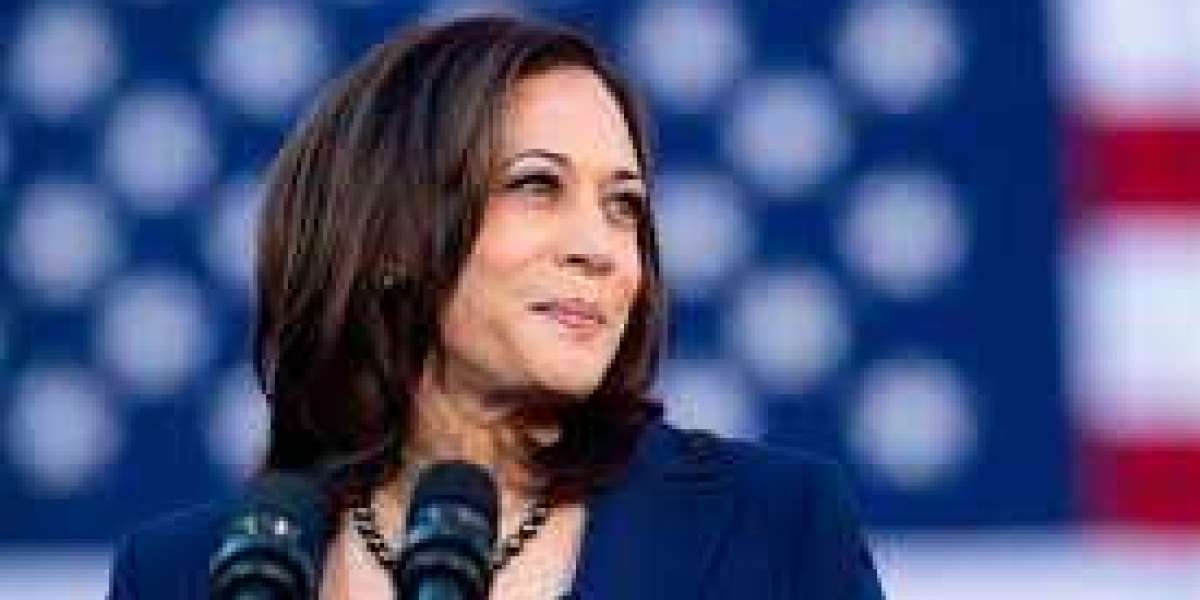Kamala Harris sets history as she became the first African-American woman and the first person of Indian origin to be nominated to a national office by a major US political party. Her election to the office seems timely as United States is currently in middle of a racial justice movement.
As a close ally to the country, India’s political scenario and status in the global politics is deeply affected by America’s policies. Thus, presidential elections 2020 have a deep impact on India’s foreign relations with the global hegemon and its position in the global economy
As Joe bidden picks Kamala Harris as his running mate for presidential election 2020, India identifies her as one of her own. Kamala Harris, whose mother is an indian, is more likely to take a stronger stand on human rights in India. The positive includes her easing up on immigration movements of skilled professionals that has been degraded by the current united states president, Donald Trump.
If Biden succeeds to win the election, India must expect strong emphasis on the protection of human rights. Since she has not spoken much on her foreign policies, it is still tough to make assumptions.
Stance on foreign policy issues
August 2019 ; Council for Foreign Relations asked all candidates of the democratic patry’s presidential nominees about their positions on twelve foreign policy issues. Like climate change, joining Comprehensive and Progressive Agreement for Trans-Pacific Partnership, returning to the US nuclear deal. Her answer did not include the Indo-Pacific concept.
When asked of her view on China and Russia- she talked of incorporating human rights and values crucial.
She stated- “….unlike the current occupant of the White House, I will consistently stand up to (Russian President Vladimir) Putin in defence of democratic values, human rights, and the international rule of law”.
Silence on key human rights issues in India
Harris has remained silent on issues like Citizenship Amendment Act (CAA) and National Register of Citizens (NRC).
On being asked of her view on Jammu and Kashmir she states
“As to the first piece, it is about reminding people that they are not alone, that we are watching. Because, so often when we see human rights abuses, whether it be in this country or around the world, the abuser will convince those that they abuse that nobody cares and nobody is paying attention, which is a tool of an abuser. so that is part of what we would say. We are watching.
“…the second piece of it. There is a lot that needs to happen. Under this administration, they have decimated the state department. decimated. So, as an example of that point, there is currently no ambassador to Pakistan and that needs to be addressed. If the United States in any meaningful way will have any influence on what’s happening in Kashmir, we need to have a representative on the ground.
“And part of our value is that we speak out about human rights abuses and where appropriate, we intervene. So that is how I would lead as a commander in chief, with that as a value, that would be an important value with which I would lead and immediately restock the state department, understanding that one of the greatest strength that we have and commander in chief has is with a strong diplomatic corps that can then become involved that will allow us to be informed in our engagement and that’s how we will deal with it.”
(September 13, Houston 2019)
On country based quota caps: as the largest green card applicant, India will benefit on removal of a cap on the country based quota policy of the US.
The Biden-Harris administration policy towards India could lead to substantial changes in some key issues impacting the country.








